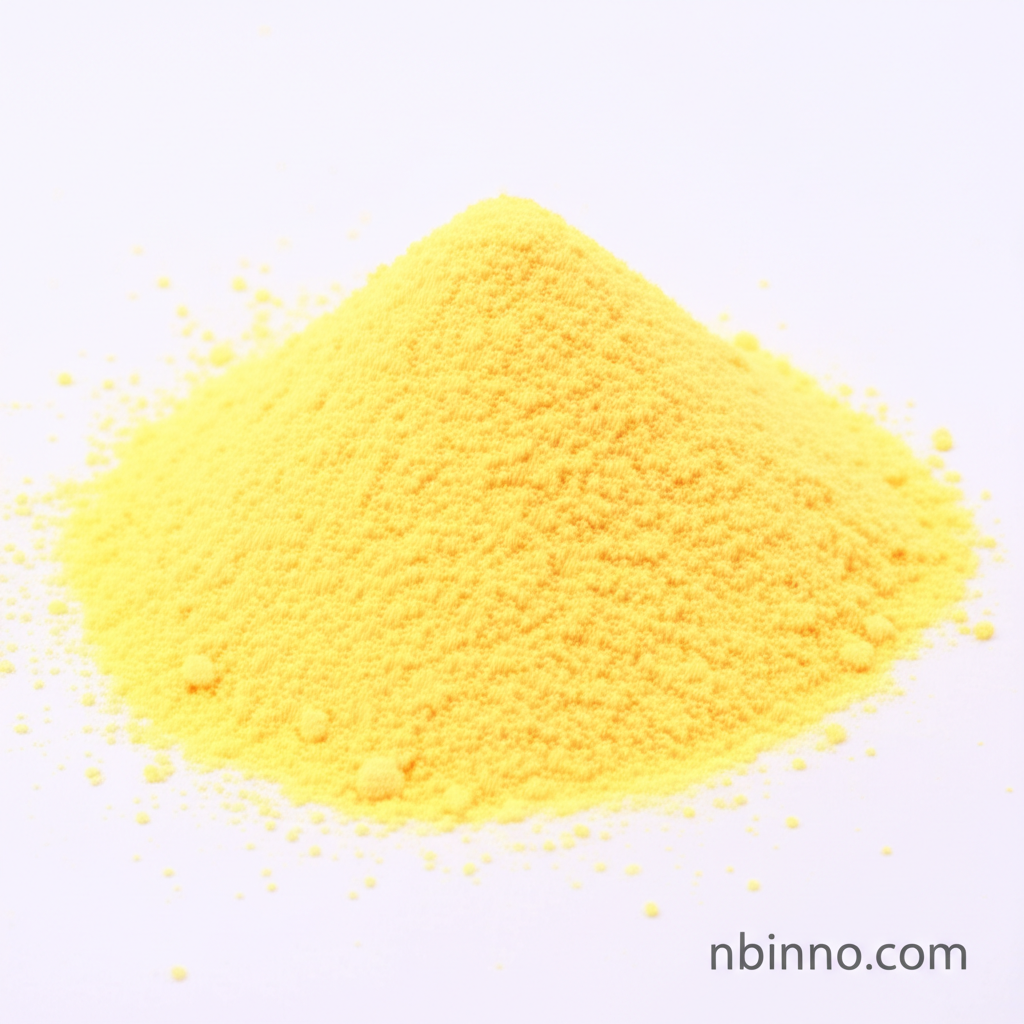Understanding Lawsone: Properties, Applications, and Benefits in Hair Dye and Skin Care
Discover the science behind henna's natural color and its multifaceted roles in beauty and wellness.
Get a Quote & SampleProduct Core Value

Lawsone
Lawsone, the active pigment in henna, is a natural compound celebrated for its vibrant coloring capabilities and diverse biological activities. Its unique molecular structure allows it to bind effectively with keratin, the primary protein in hair and skin, creating lasting and natural-looking hues. Beyond its cosmetic applications, Lawsone is recognized for its potential in skincare and medicinal uses, demonstrating antifungal and bactericidal properties.
- Explore the mechanisms of how lawsone attaches to keratin to understand its dyeing efficacy for natural hair colorants.
- Delve into the specific lawsone hair dye mechanism, revealing how it imparts color and conditions hair simultaneously.
- Investigate the diverse uses of lawsone in skin care, from its traditional applications to modern dermatological research.
- Understand the complex lawsone biological activity, including its interaction with the Aryl Hydrocarbon Receptor and its potential anti-inflammatory effects.
Advantages You Gain
Natural, Vibrant Coloration
Leverage the power of lawsone, the natural henna pigment, to achieve rich, natural shades on hair and skin, a key benefit in the realm of natural hair colorants.
Keratin Bonding Expertise
Understand the lawsone hair dye mechanism, which involves safe bonding to keratin, ensuring deep penetration and long-lasting color for superior hair conditioning.
Therapeutic Skin Potential
Discover the lawsone biological activity and its potential applications, such as its anti-inflammatory properties and role in skin irritation management.
Key Applications
Hair Dyeing
Lawsone serves as a primary component in natural hair dyes, offering a safe and effective alternative to synthetic colorants, and contributing to the popularity of herbal skincare ingredients.
Skin Staining & Tattooing
Historically used for body art, lawsone provides temporary skin staining due to its protein-binding capabilities, a practice rooted in ancient cosmetic practices.
Antimicrobial Properties
The lawsone biological activity includes notable antifungal and bactericidal effects, making it valuable in traditional medicine and exploring its potential in cosmetic formulations.
Dermatological Research
Ongoing research into lawsone's interaction with the Aryl Hydrocarbon Receptor and its impact on skin homeostasis opens avenues for its use in treating skin conditions like dermatitis and irritation.
